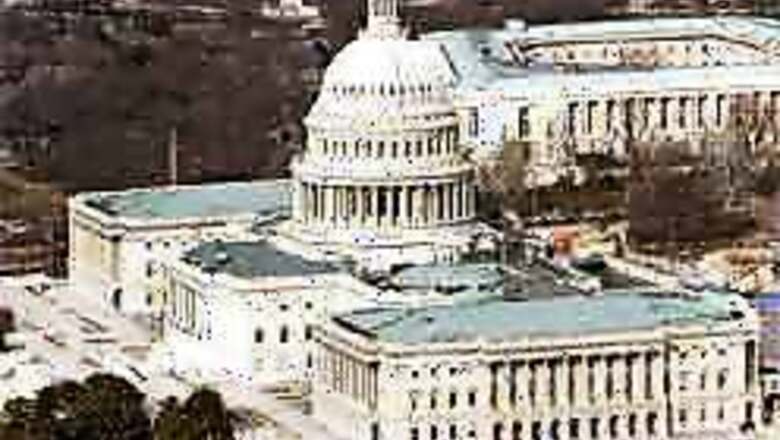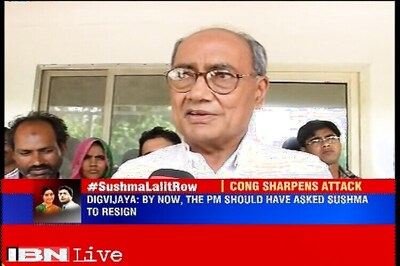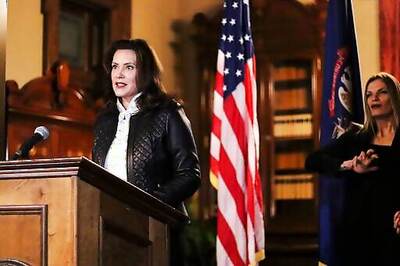
views
Washington: After poring over it for nine months, a powerful panel of the US House of Representatives will decide this month on a controversial civilian nuclear deal with India, a Congressional staffer said on Friday.
The House International Relations Committee would "in the later half" of June decide whether to endorse or give conditional approval to the deal, the staffer said, speaking on condition of anonymity.
The panel's findings would then be submitted to the full House for consideration.
Committee chairman Henry Hyde, a Republican, "does have some concerns about the proposed civilian nuclear agreement and is studying ways to addressing those," said the staffer, suggesting the deal would receive only conditional approval.
Reports suggested this week that Hyde, whose support is critical, had decided to back the deal, first agreed upon in September and endorsed six months later by President George W Bush and Indian Prime Minister Manmohan Singh.
The deal would allow India, not a signatory of the nuclear Non Proliferation Treaty (NPT), access to long-denied civilian nuclear technology in return for placing a majority of its atomic reactors under international safeguards.
But the agreement does not have the wide and bipartisan backing in Congress. Some legislators want to first have a look at a set of safeguards under which India and the United States would implement the deal.
The safeguards would be incorporated together with other technical details in another bilateral agreement, which the lawmakers also wanted to study before endorsing the deal.
PAGE_BREAK
The Washington-based Council on Foreign Relations, an influential think tank, said in a report released on Thursday that Congress should adopt a two-stage approach - "formally endorsing the deals basic framework, while delaying final approval until it is assured that critical nonproliferation needs are met."
It called for "patience and a few simple fixes" that it said "would address major proliferation concerns while ultimately strengthening the strategic partnership."
The council's approach "is clearly in the same spirit" as plans unveiled by Democratic Representative Tom Lantos, who had called lawmakers to welcome the deal but hold off on a vote to change US nuclear law until the final pact was negotiated, said Lynne Weil, the lawmaker's spokeswoman.
The US Congress would have to amend a law prohibiting nuclear cooperation with India, barred from obtaining foreign nuclear technology for developing and testing nuclear weapons and not signing the NPT.
Another Democratic lawmaker, Howard Berman, has introduced a bill that, instead of authorising a specific exception in US law for India, would set conditions to be met by non-NPT members before gaining access to US nuclear technology.
The Bush administration says the deal offers a crucial energy alternative to rapidly-growing India and would elevate relations between the world's largest and oldest democracies to a new strategic height.




















Comments
0 comment